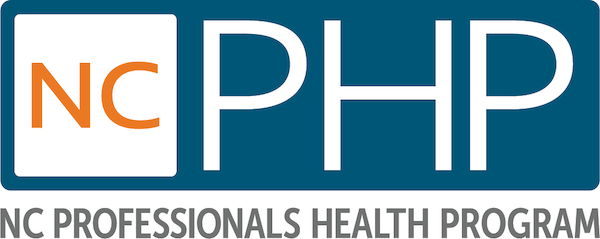07 Jan Post-Training Mistakes Residents and Other Professionals Make: Part VI by Clark Gaither, MD, MRO, FAAFP
An undergraduate degree in the sciences. Check.
An advanced degree in medicine. Check.
Years of training in my chosen field of medicine. Check.
So, I should be able to take care of my own medical issues, right? I mean, who knows me better than me? Armed with special knowledge, surely I am in the best position to make my own treatment decisions, right?
Wrong!
This kind of reasoning is one common way physicians and other healthcare providers create unforeseen troubles for themselves. Generally, when a patient has an entirely new set of symptoms, or symptoms unknown to prior experience, there is a tendency to either minimize them, over amplify them, or outright deny them. Healthcare providers are no different in this regard. Worse yet, many begin to treat themselves.
In some ways, healthcare providers are at a disadvantage because of their training and chosen profession. Here are seven common ways in which this occurs.
- It is inculcated into healthcare providers in training that a patient’s needs must always come first. Their own needs must always take the backseat. This kind of reasoning compels providers to work sick at times or to put off seeking needed medical care for themselves. I would posit that a patient’s needs always do come first, unless your needs become more pressing. Taking excellent care of patients begins with taking excellent care of self.
- There is an erroneous conclusion that the concept self-care literally includes being one’s own doctor. It does not. “The doctor who treats himself has a fool for a patient.”—Sir William Osler

- There is a sense that medical training (special knowledge) will confer some sort of immunity to illness or protection from addiction to drugs or alcohol. It does not. I once had a provider addicted to opioids tell me, “I thought I knew how to take drugs properly. You know, the right way.”
- There is an all too common notion that being sick or asking for help is a sign of weakness or a personal deficiency of some sort. It is exactly the opposite. It is a sign of self-awareness and strength.
- Many believe self-prescribing, even non-scheduled pharmaceuticals, to be okay even though most state Medical Boards have position statements to the contrary which discourage self-prescribing with the exception of very minor medical conditions. Every provider should read and familiarize themselves with all position statements issued by their respective state Medical Boards. It is the single best way to avoid disciplinary actions or loss of licensure.
- Many providers do not establish a relationship with their own healthcare provider. Every doctor should have their own doctor whom they see for regular checkups and whenever they become sick, just the same as we ask our patients to do.
- “I don’t have time” is a common refrain to the question, “When did you last see your doctor?” If you are working so much or so hard you have no time to see to your own healthcare needs then maybe you have another, worse problem. Workaholism. This can be just as destructive to one’s mental and physical health as many chronic diseases. Workaholism puts providers at risk for job-related burnout, where the damage is primarily emotional, thereby increasing the risk of depression and suicide.
All healthcare providers will become patients one day. Proper self-care provides the best chance for a long, happy, and healthy career in medicine. The steps are well known and not at all difficult.
Don’t be your own provider. Establish a relationship with your own healthcare provider and see them regularly or when needed. Don’t be just all about work. Live a balanced life with plenty of interests outside of medicine and make adequate time for them. Spend quality time with family and friends. Take real vacations. Get out and explore the natural world. Exercise regularly. Avoid overeating and overweight. Get plenty of rest.
In other words, do all of the things we ask our patients to do.

